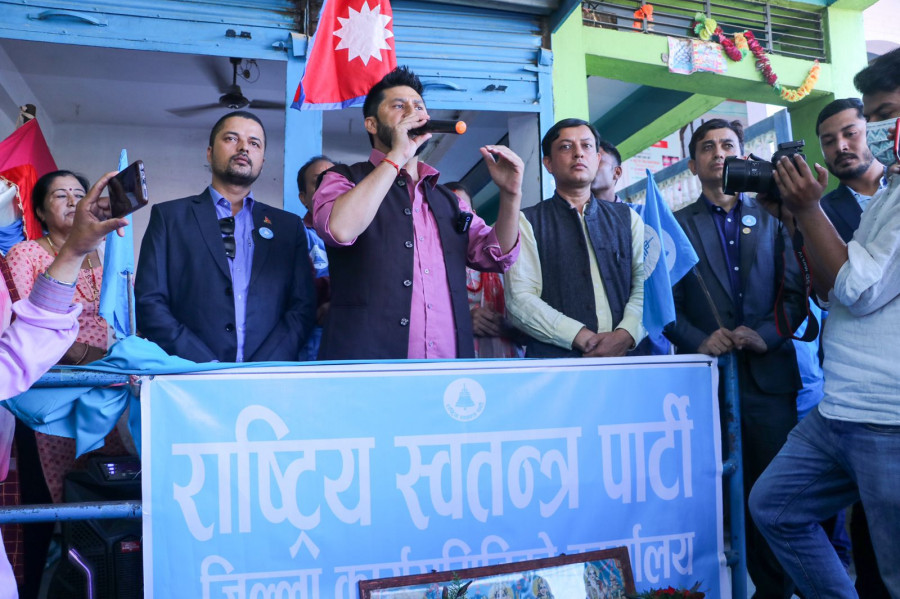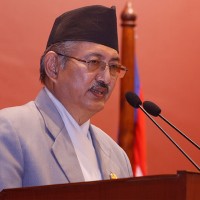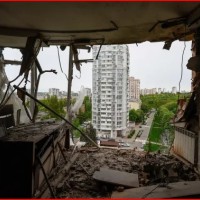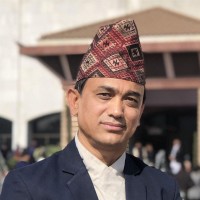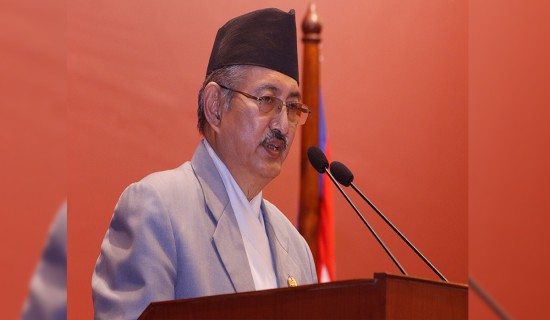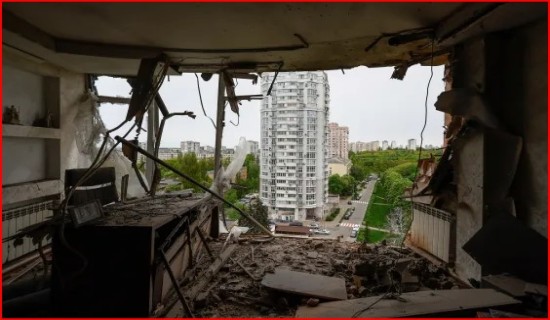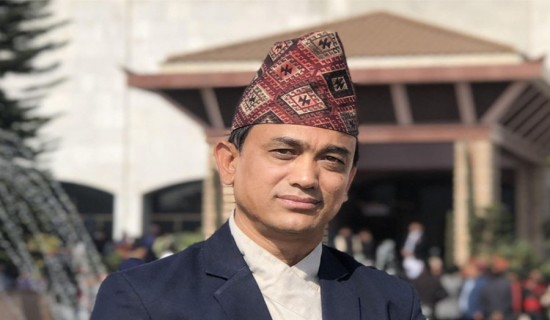The newly formed party is widening its reach in all districts, provinces, constituencies and local units, giving fresh impetus to the drive after withdrawing support to the government.
Rastriya Swatantra Party to focus on organisation-building
Rastriya Swatantra Party Chief Whip Santosh Pariyar cited the need for building the organisation of the new party, which is still in its infancy, as one of the reasons behind its Saturday decision to withdraw support to the government.
“We must convert a strong public support into a strong party structure,” he said, following the party’s decision.
The organisation building process is underway, and it will now expedite with the party clarifying its position, party leaders say.
“We have to compete in the next local elections. We have to be strong organisationally at the grassroots level,” said Kabindra Burlakoti, the party’s joint general secretary. The party formed ahead of the parliamentary elections last year did not contest the local polls. It also did not field candidates in the provincial elections.
The 36 central departments will soon take shape as all of them have got their chiefs now. Moreover, seven provincial committees have been formed, and the process of forming party departments has started in the provinces. The party has coordinators and deputy coordinators in 74 districts.
According to Burlakoti, they are set to form committees in all 165 constituencies. Applications have been called from all interested individuals within May 13. Elections to form the committees will be held in the 165 constituencies within three weeks.
Around 250–60 of the local units have got party committees while the ward-level committees formed so far number between 600 and 700.
Rastriya Swatantra Party press coordinator Ganesh Karki said as the party is new, it prioritises elections to form the committees at various levels. “It is an appropriate strategy to select the right member, avoiding nepotism and favouritism. Our goal is to form active committees, not large and bulky ones. Our committees are smaller than those of other parties, but they will be effective,” he said.
The constituency-based committees of the party will have only five members. The local unit committees and ward committees have 11 members each, which the party is also considering downsizing if necessary. The size of a provincial committee will be determined by the number of constituencies in the province concerned.
According to Karki, the party does not allow two members of a family to become members of the same committee.
The party won seven seats in the first-past-the-post elections and secured 13 seats under the proportional representational category of the polls held last year. It registered impressive victories, defeating the candidates of the coalition involving big parties in two of the three constituencies in last month’s bypolls. The party is the fourth largest force in the House with 21 seats.
The party has not formed any sister organisations but they have a Rapid Action Team. “It is not a sister organisation but a Nagarik Sahayogi Samuha with responsibilities such as taking action in case of accidents, incidents, or disasters,” said Burlakoti, the party’s joint general secretary.
The party leaders hope to complete fundamental organisation-building within six months. People in and out of the country can get the membership via a mobile app and also through local level committees. “After applying for membership, the district or the local unit concerned will verify the credentials,” said Burlakoti.
Verified applicants listed on the voter roll will be Sadharan Sadasya (ordinary member) while the applicants without name on the list will be Parambhik Sadasya (preliminary member) of the party.
The Rastriya Swatantra Party is believed to have some reservations over federalism but the party has been actively building its organisations in the provincial structure. Party leaders clarify that they want to make the provincial administrations active and cost-effective.
“We are not against federalism. In our view, the provincial assembly should be scrapped and there should be a directly elected chief minister,” said Karki.


